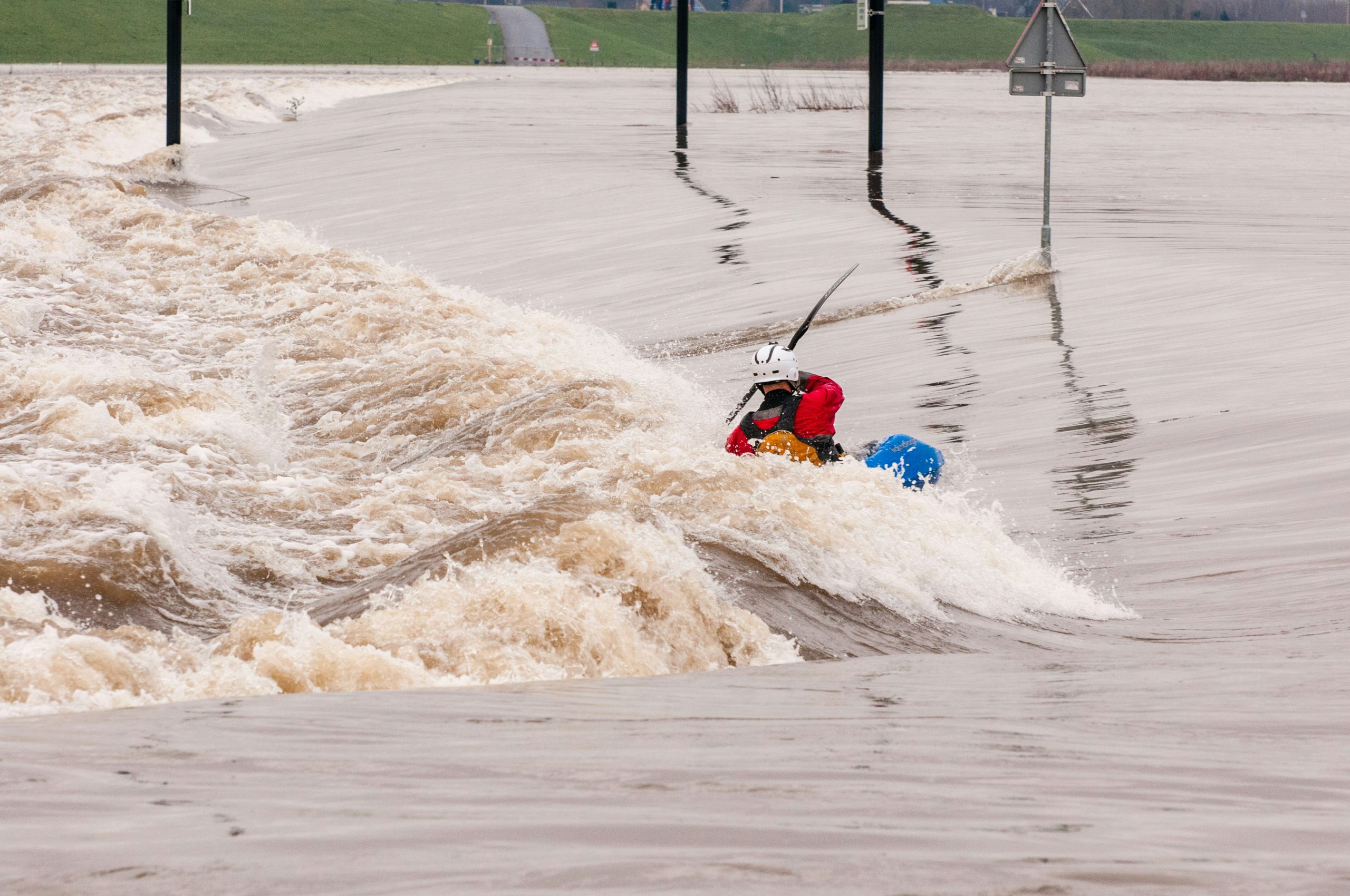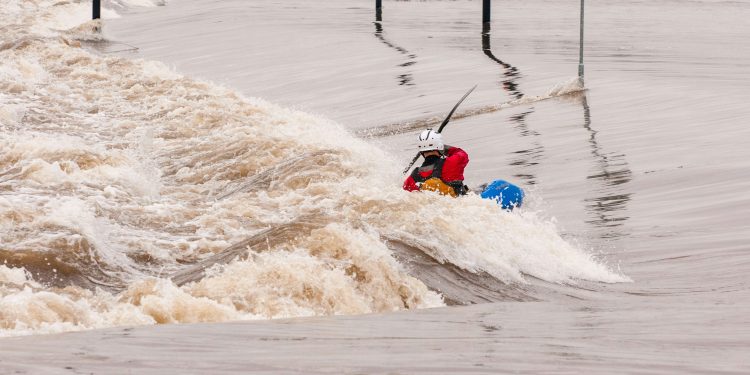The death toll from catastrophic flooding in Pakistan’s northwestern Khyber Pakhtunkhwa province has risen to 341, with terrified survivors refusing to return to their waterlogged homes amid forecasts of more heavy rains.
Buner district remains the hardest-hit area, accounting for over 200 fatalities—including 28 women and 21 children—after unprecedented cloudbursts dumped 150mm (6 inches) of rain in one hour on Friday. The Provincial Disaster Management Authority warns the crisis could worsen with two more intense rainfall periods expected between August 21 and September 10.

Residents describe apocalyptic conditions in Buner’s Bayshonai Kalay village, where survivors like 24-year-old Sahil Khan camp on rooftops fearing new deluges. “Children cannot sleep…we saw houses and vehicles swept away like toys,” Khan told Reuters from his precarious perch.
The floods transformed streets into raging rivers, burying shops under five feet of mud and stranding relief teams struggling to access narrow lanes with heavy equipment. In remote Daroli Bala, officials report 40 people missing after entire families were swept away in mountainous flash floods that collapsed homes before rescuers could arrive.
National Disaster Management Authority risk chief Syed Muhammad Tayyab Shah confirms global warming has dramatically altered Pakistan’s monsoon pattern, pushing it westward into previously unaffected regions.
The abnormal weather system continues to threaten central Pakistan with 24-hour forecasts predicting “heavy to very heavy rainfall.” Since late June, 660 Pakistanis have died nationwide from monsoon-related disasters—nearly half in this week’s unprecedented Khyber Pakhtunkhwa flooding.
Survivors Face Long-Term Trauma Amidst Rubble
For displaced shopkeeper Dayar Khan, 26, returning seems impossible: “People have climbed mountains—they’ll stay until the land remembers how to be dry.” Psychologists warn the mental health toll may surpass physical damage, particularly for children witnessing destruction. With 150mm cloudbursts now occurring where 50mm was once extreme, climate scientists say Pakistan’s flood nightmares will only intensify without global emissions reductions and adaptive infrastructure.

















